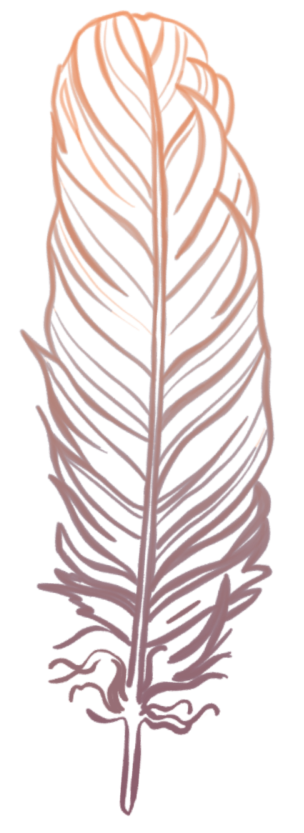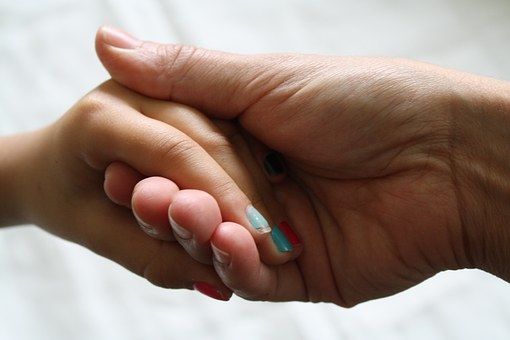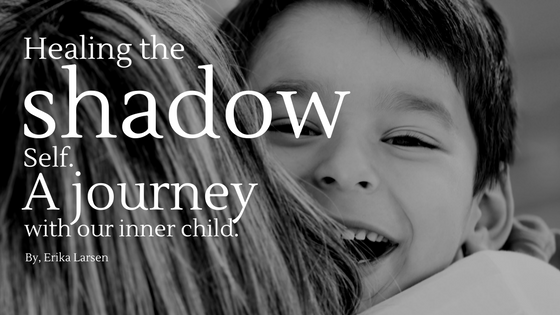 The intimacy nurturing trust axis. Nurturing and trust are the bridge to building intimacy within yourself and your relationships. Ideally, this takes place in early childhood development with your primary caregivers, specifically your mother in order to form healthy bonds of trust with yourself, other humans, and life itself. But what happens when this basic childhood need doesn’t get met? Here’s a recap on how I recently got smacked upside the head with the awareness this fundamental aspect of life was deeply missing.
The intimacy nurturing trust axis. Nurturing and trust are the bridge to building intimacy within yourself and your relationships. Ideally, this takes place in early childhood development with your primary caregivers, specifically your mother in order to form healthy bonds of trust with yourself, other humans, and life itself. But what happens when this basic childhood need doesn’t get met? Here’s a recap on how I recently got smacked upside the head with the awareness this fundamental aspect of life was deeply missing.
Getting invited to social gatherings and being introduced to new people is a key element for creating a new community. As I experienced this myself, being the ‘new girl’ I had an interesting reaction to a brunch invitation with a group of beautiful and successful peers. I found myself unsure where to insert myself into this tightly knit group of ladies. Feeling like the odd person out I sat back an observed their dynamic and my coping instincts as I found myself uncomfortable with their level of intimacy, and my sudden overwhelming need to fit in and be good enough. This is a feeling I hadn’t experienced quite so profoundly since grade school.
I realized as I observed myself reacting to this encounter that I was skeptical of these women and their agendas. I had a pattern of avoiding groups of peers that are female. I didn’t know who I could trust, gearing up for rejection and betrayal. My self-awareness of my reaction was quite profound. I realized my experience with groups of girls, cliques, and bullying in my upbringing was surfacing insecurities and past wounds to be healed.
What I didn’t expect was to realize how uncomfortable I was based on their physical intimacy with one another at the breakfast table. I observed them spontaneously reaching for each other’s’ hands in support for whatever story they were being vulnerable with. This to me was unheard of in my own friendships, and beyond that, my family.
In my own crucial early childhood developmental years, my mother was emotionally and physically unavailable. As a mentally ill addict, my own mother could not nurture me as I needed throughout most of my childhood. Thus, the development of physical intimacy with other women felt foreign and unsafe to me. After my mother was admitted to treatment following a failed attempt at suicide, I was tossed into daycare suddenly at the tender age of 2 years old. I found myself the new girl in a class of kids who had already formed relationships. I hated daycare.
My shy sensitive empathic-self feared groups of peers, triggering feelings of worthlessness and low self-esteem. Being bullied thought out my childhood wasn’t the only cause of my skepticism at brunch that day. The root cause of my weariness in fact dated back to that first encounter at daycare with strange kids who already had developed friendships. It reminds me of feelings of changing schools’ midyear or those first few days of kindergarten. Only my experience happened around 2 years old before my cognitive memory was fully formed and before I had any tools or resources to navigate this experience. Toss in a deep mother wound of physical and emotional neglect, and my tolerance for intimacy is prudish at best.
The trauma of this early life experience with my introduction to daycare and new groups of people sparked a pattern of social anxiety I get the pleasure of growing out today. As I make new connections and community 1049 miles away from home, I find myself bumping up against these old fears and I get to have compassion and patience for myself as I grow out of insecurities triggered from my past. I get to learn how to trust in new friendships, trust my intuition, and be vulnerable while confident as I discover who I am without the oppression I felt weighted down with at home.
Giving myself space to feel what I am feeling and to sit with those aspects of myself who were uncomfortable and distrusting has been key to developing those imprints of intimacy within my subconscious self. When we had needs as children that were not met by our parents and primary caregivers, it is up to us to go within and provide it to ourselves. To reparent our younger selves is one of the greatest treasures and gifts of self-love we can give.
I am grateful I have met these women, regardless of what develops of the friendships. I admire the openness, vulnerability with one another, laughter and support they give. It models for me what I want in my friendships and ultimately all relationships. The behavior I observed between them, while foreign to me, was healthy and I’m looking forward to more of that in my life.
You may also like:
5 Key Steps to Transition with Ease







